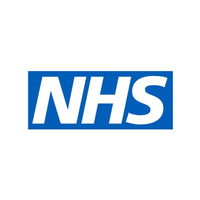Overcoming fears about the Covid-19 vaccine programme in South East London
Groups that are marginalised are naturally wary of any large-scale centralised scheme, especially one to do with their health. We have been working to build confidence in the vaccine through case studies and specific information presented by their communities. The NHS South East London CCG oversees some of the country’s most diverse communities. Unfortunately, trust in the healthcare system does not reach all parts of these communities equally. This has resulted in low take-up of the Covid-19 vaccine in certain parts of the capital – putting individuals and communities at risk. We designed and built a website to answer the real questions people have about the vaccine, encouraging them to take it up. The site launched as part of a region-wide marketing push in May 2021. nhsvaccinefacts.com Understanding peoples’ fears about the vaccine: Rather than write off concerns about the vaccine as conspiracy theories, we spent time understanding what was behind these fears. The people we spoke to were parents, grandparents and frontline workers with huge incentives to become inoculated. They have friends to meet, family to see and jobs to perform, but their genuine concerns about the vaccines are putting them at risk. However they were all worried about the safety of the vaccine for people like them. Their previous experiences lead them to believe that their safety was unlikely to have been considered when developing the vaccines at such speed. Showing information in a way that engages rather than patronises: To be successful, the campaign had to be based around the communities it was targeting. It’s no good being another official-looking information site talking down to people – there are already plenty of those to go around. To resonate the site needed to lead with stories of real people from these communities, and the information that led them to overcome their concerns about the vaccine. We integrated the scientific information that people are looking for throughout these stories, to focus on the facts people want without being patronising.

